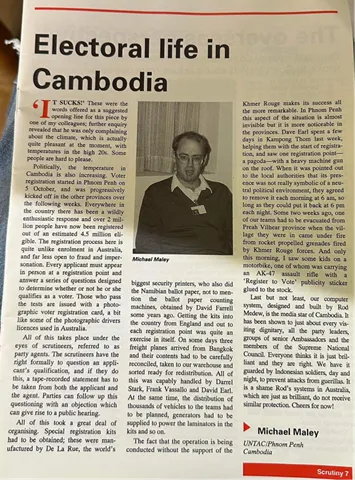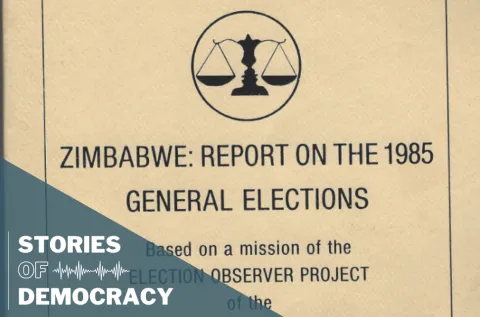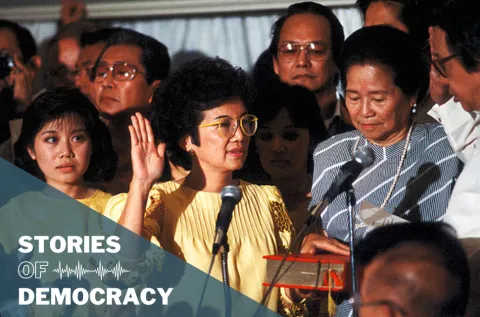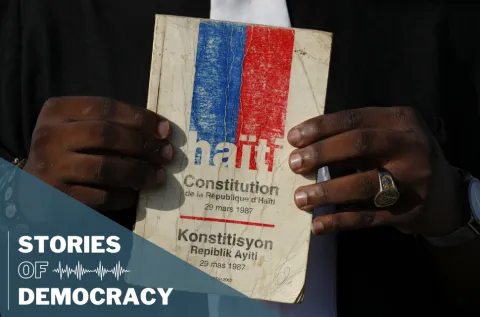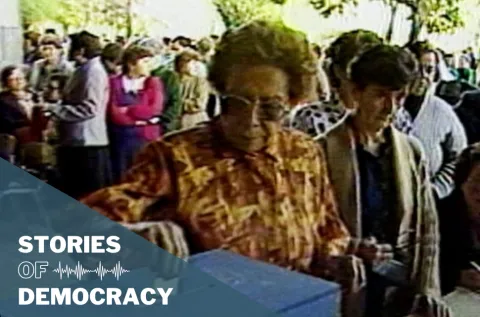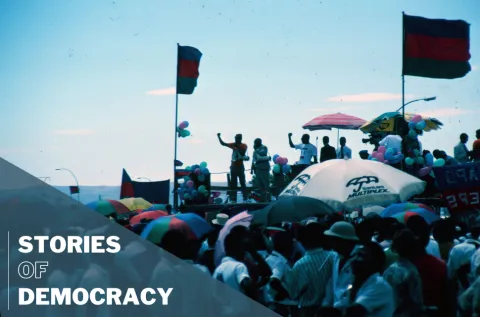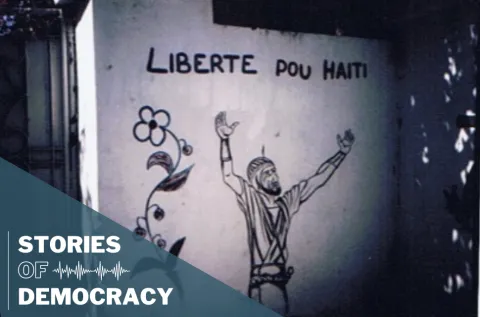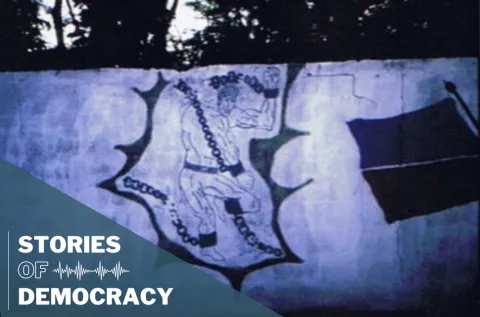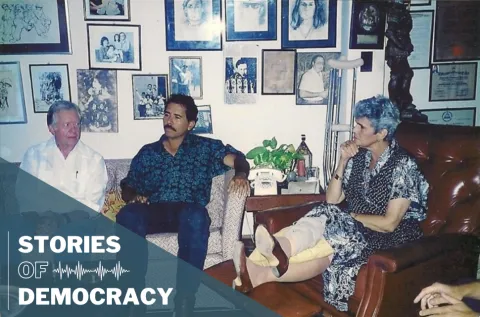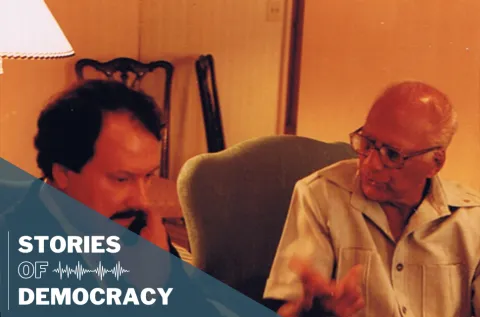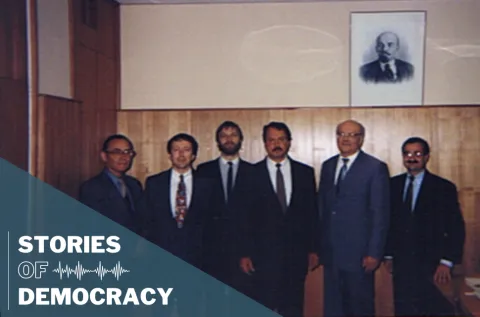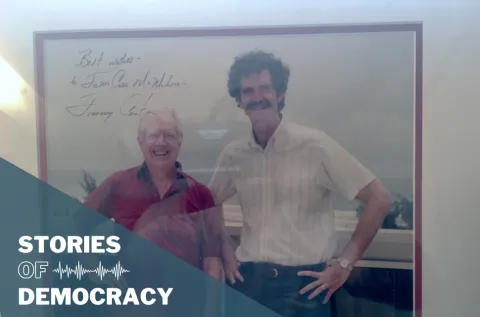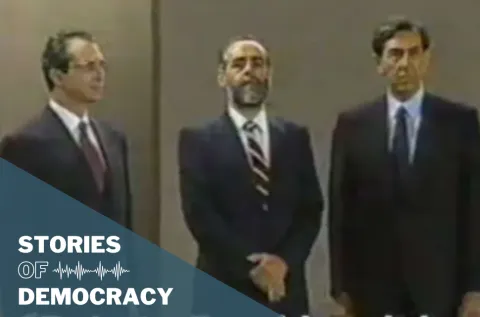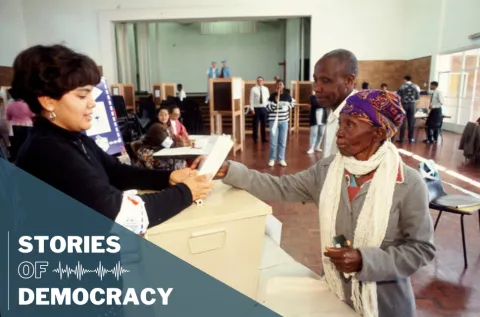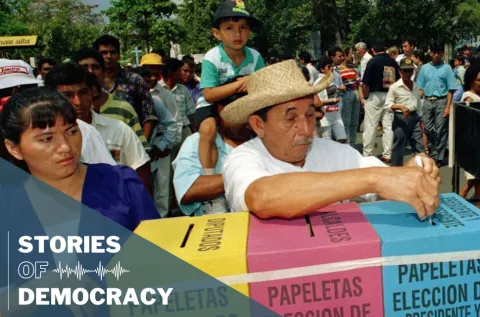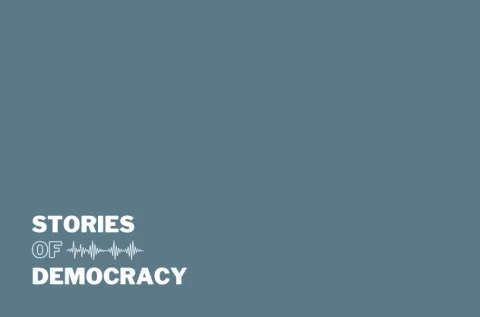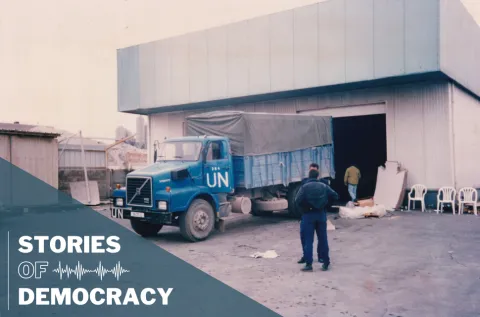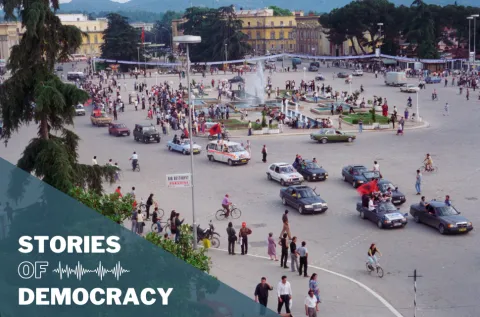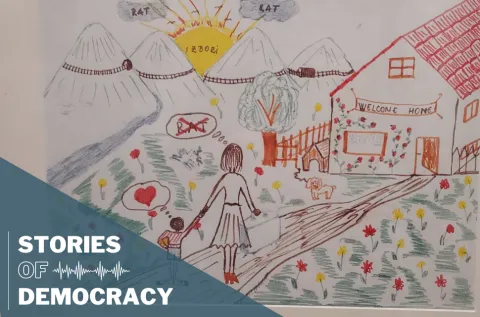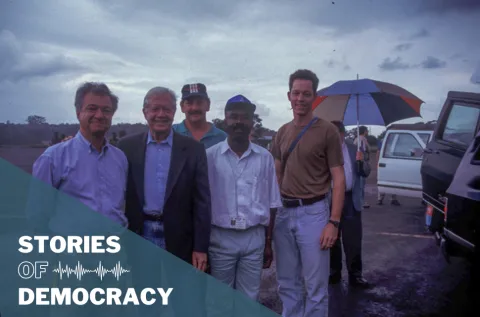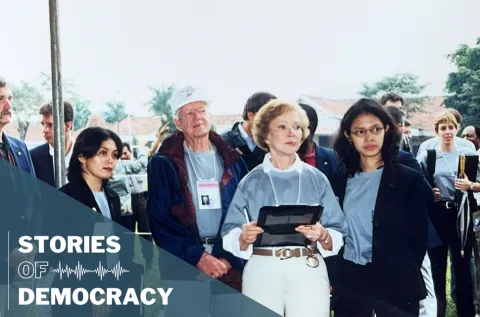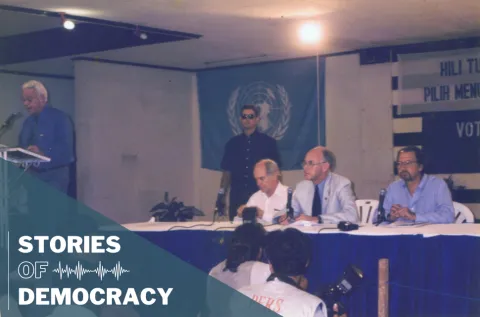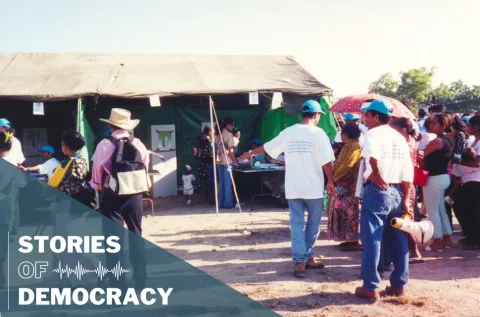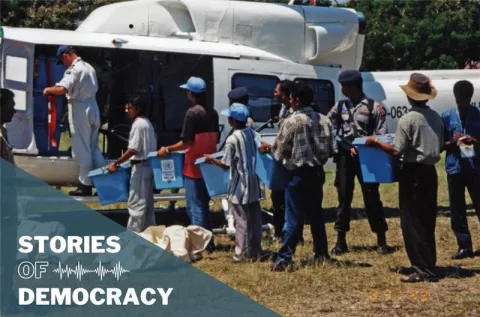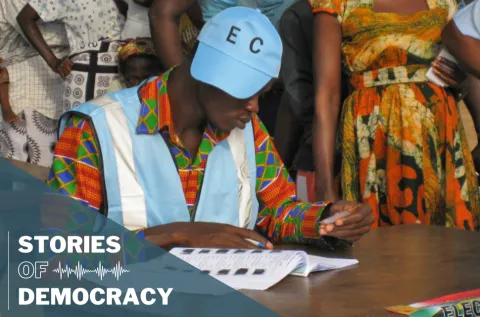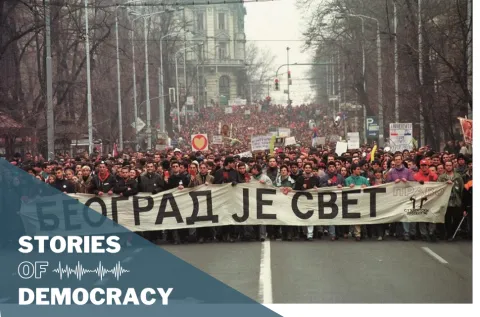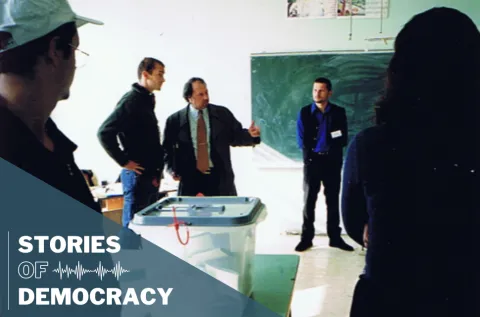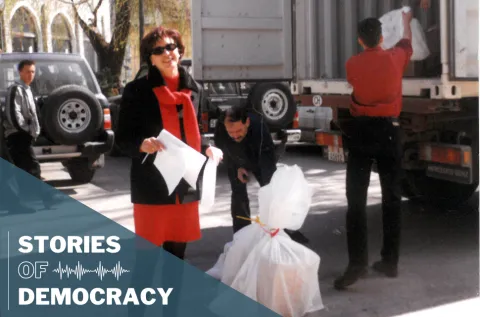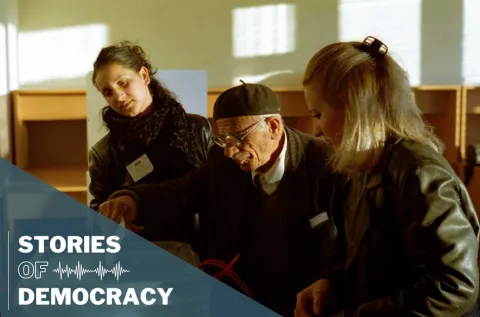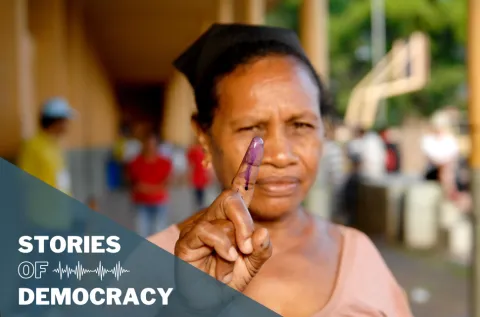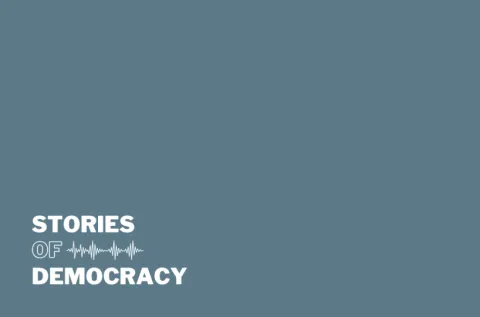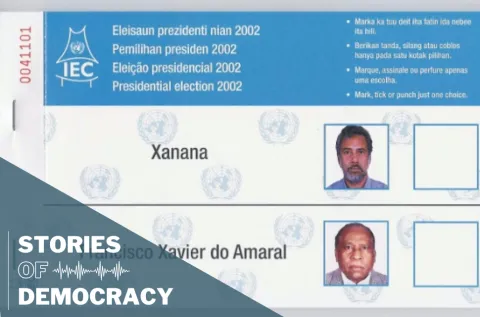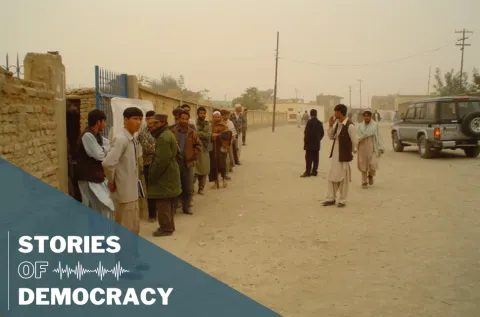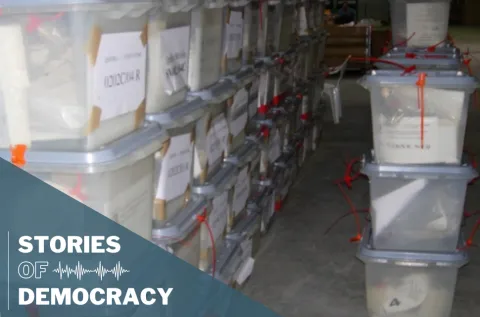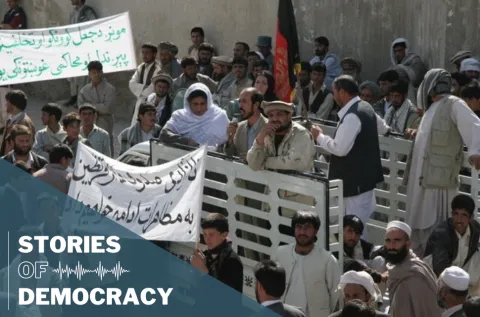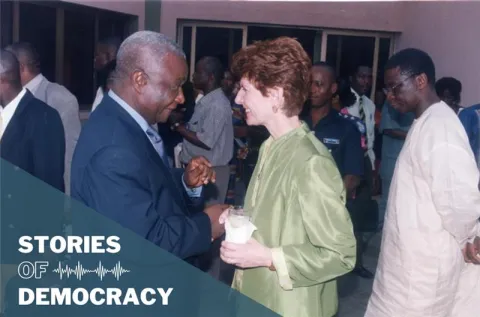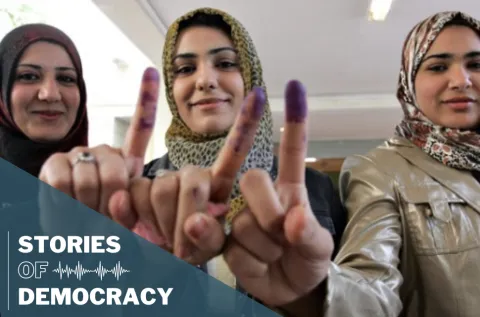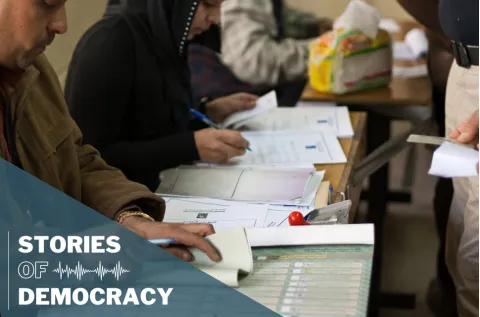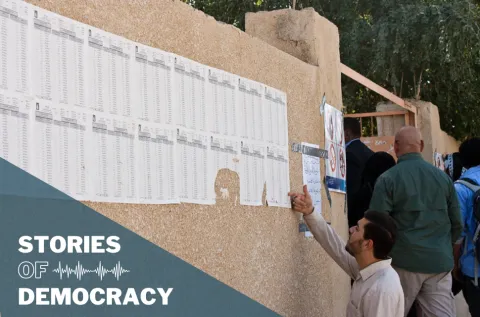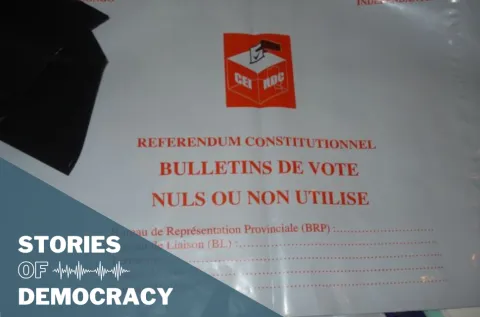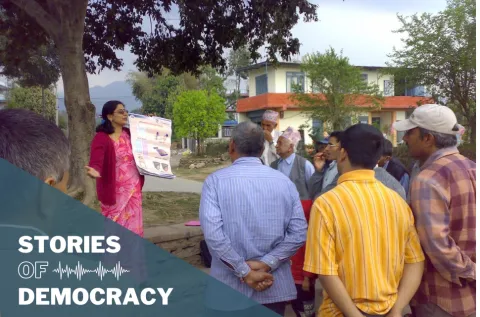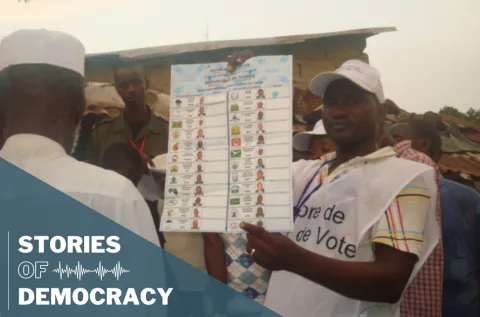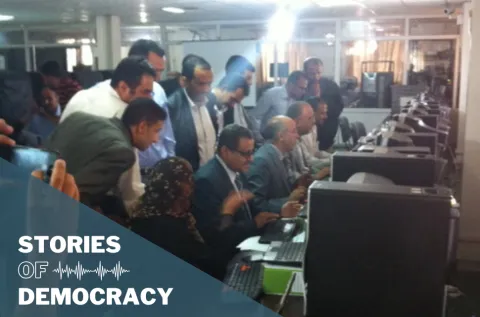Cambodia - 1993 - Constituent Assembly Election
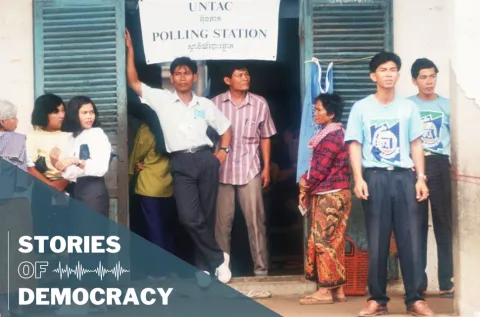
Michael Maley speaks about his experience in the 1993 Cambodian elections, which represented a major milestone for the country, the United Nations, and international electoral assistance.
As a result of the 1991 Paris Peace Accords, which ended the protracted civil conflict in Cambodia, the international community moved to establish democratic governance in the country. Created through the 1991 agreements, the United Nations Transitional Authority in Cambodia (UNTAC) was tasked with managing the 1993 national elections. These elections—which included the appointment of a Constituent Assembly to draft a new constitution—represented a major milestone for the Cambodian people, the United Nations, and the development of electoral assistance and cooperation programs.
UNTAC was later applauded by the UN Security Council for its success in fulfilling its goals of restoring to the Cambodian people and their democratically elected leaders their primary responsibility for peace, stability, national reconciliation, and reconstruction. Michael Maley, who served as Deputy Chief Electoral Officer in the Electoral Component of UNTAC, recalls his experience in the elections.
“For the Cambodians, the most significant development was the return of their country to something approaching peace. The election, boycotted by the most notorious of the warring factions, the Khmer Rouge, ultimately led to the marginalisation of that group, which collapsed into internal conflict within a few years and ceased to be a significant force. The Cambodian operation also provided one of the foundations for the expansion of the UN’s role in electoral activities throughout the 1990s and subsequently. The staff of the Electoral Component of UNTAC, many of whom had joined the operation with little or no electoral background, emerged at the end of the mission as a trained, experienced, and enthusiastic group, well-suited to meeting the rising demand for such individuals as the wave of democratisation swept through the world."
The extent to which the Cambodian operation should be judged a success will undoubtedly continue to be debated by historians. It certainly succeeded in bringing an end to a long-standing conflict; but as an exercise in democratisation, it proved to be unsustainable. One lesson to be drawn from this is that establishing a democracy requires the complementary development of appropriate institutions and a supportive political culture. Institutional design can be relatively straightforward, but changing a political culture is far more difficult, especially in the aftermath of the war, when the long-established mindset of the political players is likely to be decidedly anti-democratic.”
Listen to Michael's story in the recording above.
